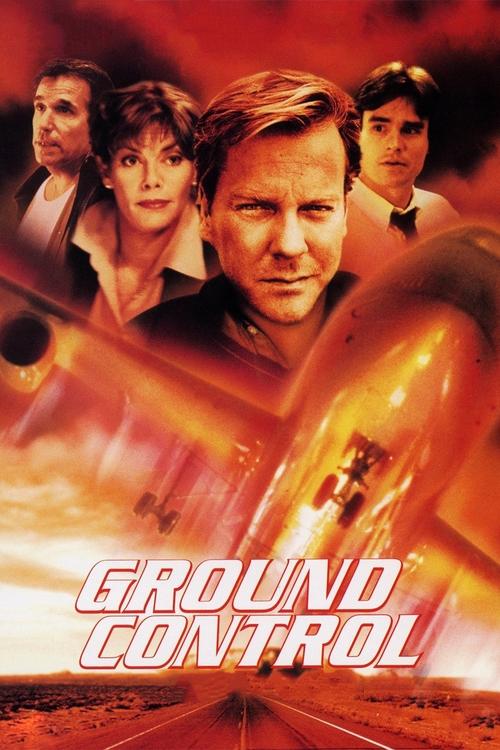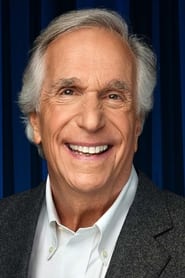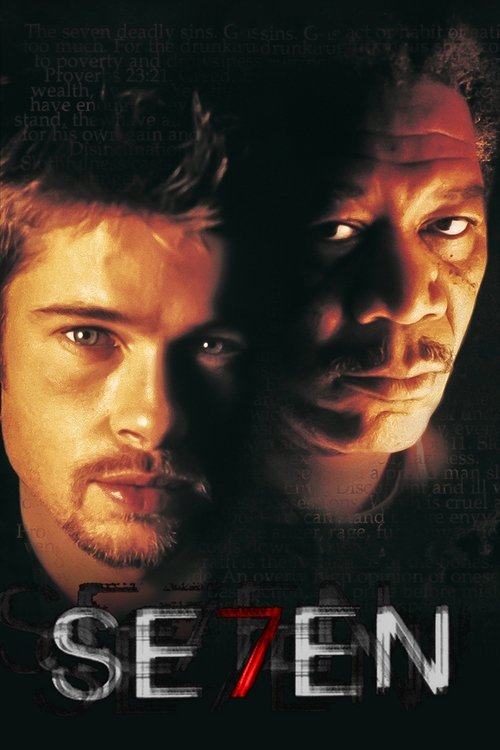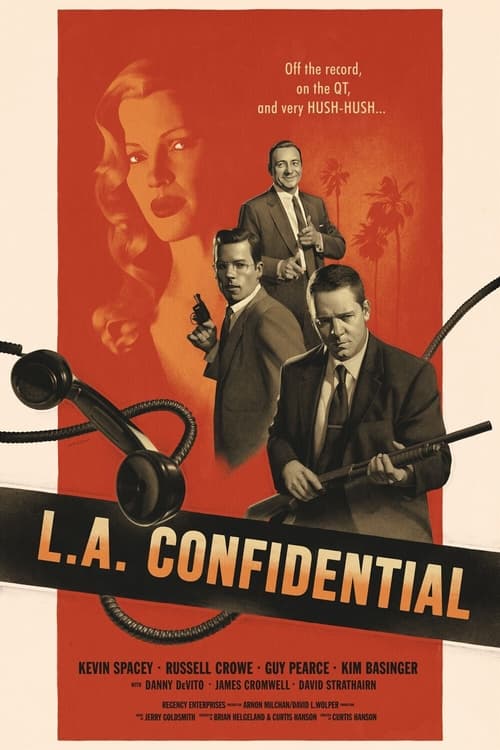
Ask Your Own Question
What is the plot?
What is the ending?
In the ending of "Ground Control," the main character, air traffic controller Jack Harris, confronts his fears and insecurities while helping to resolve a crisis involving a malfunctioning plane. He ultimately finds redemption and a renewed sense of purpose, reconnecting with his estranged wife, who has been a source of emotional turmoil for him. The film concludes with Jack taking control of the situation, demonstrating his growth and ability to face challenges head-on.
As the climax of "Ground Control" unfolds, we find Jack Harris, portrayed by Kiefer Sutherland, in the air traffic control tower, grappling with the weight of his past mistakes. The tension in the control room is palpable as a plane, Flight 121, experiences a critical malfunction. The atmosphere is thick with anxiety, and Jack's colleagues are on edge, reflecting the high stakes of their profession. Jack's internal struggle is evident; he is haunted by a previous incident that led to a tragic accident, and the fear of failure looms over him.
Scene by scene, the narrative builds to a crescendo. As the plane's situation worsens, Jack's instincts kick in. He recalls the training and experience that once made him a skilled air traffic controller. The camera captures his determination as he focuses on the radar screen, the blinking lights representing the lives of the passengers aboard Flight 121. His heart races, and the sound of the beeping alarms heightens the tension. Jack's colleagues, initially skeptical of his ability to handle the crisis, begin to rally behind him, recognizing his resolve.
In a pivotal moment, Jack communicates with the pilot of Flight 121, offering clear and concise instructions. The pilot, played by a supporting character, is visibly stressed, but Jack's calm demeanor helps to stabilize the situation. The audience can feel the weight of Jack's responsibility as he navigates the delicate balance between urgency and reassurance. He recalls the importance of teamwork and trust, both in the control room and between him and the pilot.
As the plane descends, Jack's estranged wife, who has been a source of emotional conflict throughout the film, watches the events unfold from the ground. Her concern for Jack is evident, and she grapples with her feelings of anger and love for him. The film intercuts between Jack's intense focus in the control tower and her anxious expressions, highlighting the personal stakes involved.
In the final moments, Jack successfully guides Flight 121 to a safe landing, and the tension in the control room dissipates. The relief is palpable, and Jack's colleagues erupt in cheers, acknowledging his leadership and skill. Jack, however, is not just celebrating a professional victory; he has confronted his fears and emerged stronger. The camera lingers on his face, capturing a mix of exhaustion and triumph.
As the dust settles, Jack steps outside the control tower, where he finds his wife waiting for him. Their reunion is charged with emotion, as they embrace, signaling a tentative reconciliation. Jack's journey throughout the film has been one of self-discovery and redemption, and this moment encapsulates his growth. He has not only saved lives but has also taken a significant step toward healing his personal relationships.
The film concludes with a sense of hope and renewal. Jack's fate is one of redemption, as he has reclaimed his identity as an air traffic controller and as a husband. The final shot captures the bustling airport, a symbol of life and connection, as Jack walks hand in hand with his wife, ready to face the future together. The narrative closes on a note of optimism, emphasizing the importance of facing one's fears and the power of human connection in overcoming adversity.
Is there a post-credit scene?
The movie "Ground Control," produced in 1998, does not have a post-credit scene. The film concludes without any additional scenes or content after the credits roll. The story wraps up with the main characters resolving their conflicts and moving forward, leaving no further narrative to explore in a post-credit sequence.
What challenges does the character Jack Harris face while working at the airport control tower?
Jack Harris, played by Kiefer Sutherland, faces significant challenges as he grapples with the pressure of managing air traffic while dealing with the emotional fallout from a past incident where he lost a plane. His internal struggle is compounded by the arrival of a new air traffic controller, who is eager but inexperienced, leading to tension and conflict in the control tower.
How does the character of Captain John 'J.J.' Johnson contribute to the plot?
Captain John 'J.J.' Johnson, portrayed by Michael McKean, plays a crucial role as a pilot whose flight becomes central to the unfolding crisis. His character embodies the tension between the ground control team and the pilots in the air, as he navigates the challenges of communication and trust while trying to ensure the safety of his passengers during a critical situation.
What is the significance of the relationship between Jack Harris and his colleague, the new air traffic controller?
The relationship between Jack Harris and the new air traffic controller, played by a young actor, is significant as it highlights themes of mentorship and redemption. Initially, Jack is skeptical of the new controller's abilities, reflecting his own insecurities and past failures. As the story progresses, their dynamic evolves, showcasing Jack's growth as he learns to trust and guide his colleague under pressure.
What role does the airport's emergency situation play in the development of the characters?
The airport's emergency situation serves as a catalyst for character development, forcing Jack Harris and his colleagues to confront their fears and insecurities. The high-stakes environment reveals their true natures, as Jack must overcome his past trauma and step up as a leader, while other characters must find their courage and resolve in the face of danger.
How does the film portray the theme of teamwork among the air traffic controllers?
The film portrays the theme of teamwork among the air traffic controllers through intense scenes of collaboration and communication during the crisis. As they face mounting pressure, the characters must rely on each other's strengths and skills, showcasing the importance of trust and unity in high-stress situations. Their interactions highlight both the challenges and the triumphs of working together to ensure the safety of flights.
Is this family friendly?
"Ground Control," produced in 1998, is a film that revolves around the experiences of air traffic controllers and the challenges they face. While it is not explicitly a family-friendly movie, it does not contain extreme violence or graphic content. However, there are several aspects that may be potentially objectionable or upsetting for children or sensitive viewers:
-
Stressful Work Environment: The film portrays the high-pressure atmosphere of air traffic control, which may be intense and anxiety-inducing for some viewers, especially younger audiences.
-
Emotional Turmoil: Characters experience significant emotional stress, including anxiety and fear related to their jobs, which could be unsettling for sensitive viewers.
-
Themes of Failure and Responsibility: The film explores themes of personal failure and the weight of responsibility, which may resonate deeply and evoke feelings of discomfort or sadness.
-
Mature Language: There may be instances of strong language or adult themes that could be inappropriate for younger viewers.
-
Character Conflicts: The interpersonal conflicts among characters can lead to tense moments that might be distressing for some audiences.
Overall, while "Ground Control" does not contain overtly objectionable content, its themes and emotional intensity may not be suitable for all children or sensitive individuals.







































